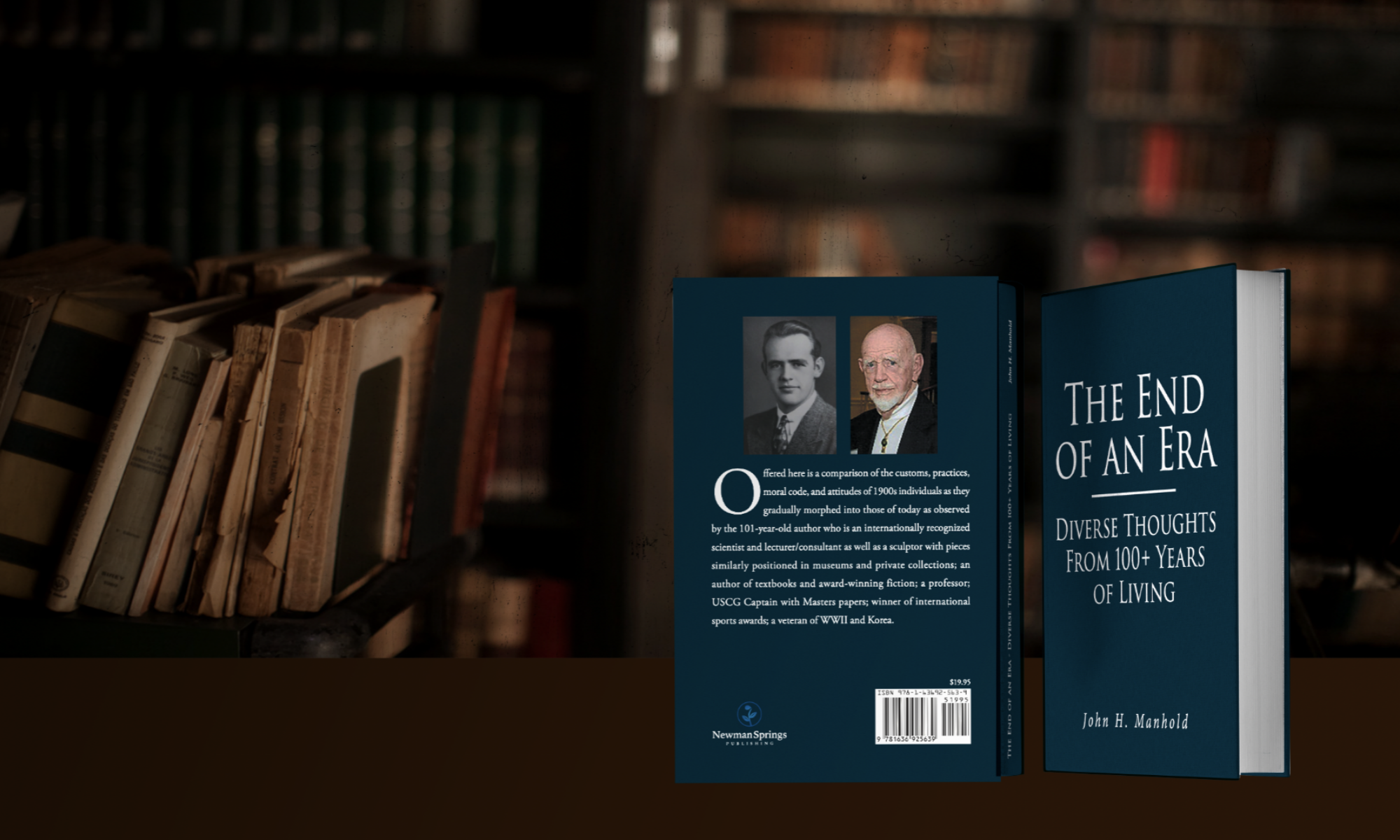Observe to Unmask ISBM: 9798653727696, Kindle Direct Publishing, copyright and written by Pushpendra Mehta.
Subtitled 100 Small things to know people better, Pushpendra Mehta opens his discussion by admonishing individuals “Pursue your passion. Work with your intuition, learn as a child. And adapt as water.” There follow his suggestions for careful observation of individuals, their behavior and preferably from as large a number of situations as possible, to understand the person and how his/her true persona may be used to affect one or more encounters with you as an individual. Thus you must be able to introspectively evaluate yourself and realize how this other person’s traits will actively react with those you contain. He provides copious examples of actions and comments and how they variously may be used to affect their inter-relationship with you. The list of usages and their possible intention are great in number and far too copious to discuss per se. This is a presentation requiring one’s own individual perusal in order to attempt to make one’s personal evaluation. Thus quite simply stated, providing further material from the contents of this book would be a disservice to the prospective reader.
Discussion: Basically, this appears to provide suggestions that individuals should consider when engaging in personal intercourse. Occasionally, this reader believes more details would be helpful when dealing with the discussion about persons mostly discussing news events happening around the world or events they did not witness of experience. The author offers the suggestion that one should know they are more talk and less action oriented and are simply providing their opinion or information of facts already known. This basically, is not necessarily true and there are blatant exceptions to this suggestion. However, the reader must realize the author’s overall attempt to provide simply basic features. His suggestions with respect to Gossip, Social Media, importance of eye contact, actually hearing, not just listening, positioning of feet, primary pursuit in one’s life and the rest provide many suggestions that are relevant, including the old accepted statement that the greater number of friends one has, is better. He provides the most appropriate admonishment that one should reconsider the statement from the perspective of selectivity. Thus basically this is a book that many readers should find noteworthy. A highly amusing aside with respect to the author’s advice, in a very small section he strayed into using a tennis situation for discussion. Unfortunately, he appears to be totally lacking in the rudiments of the sport.
4* Suggestions for understanding unspoken aspects of interpersonal communication.
